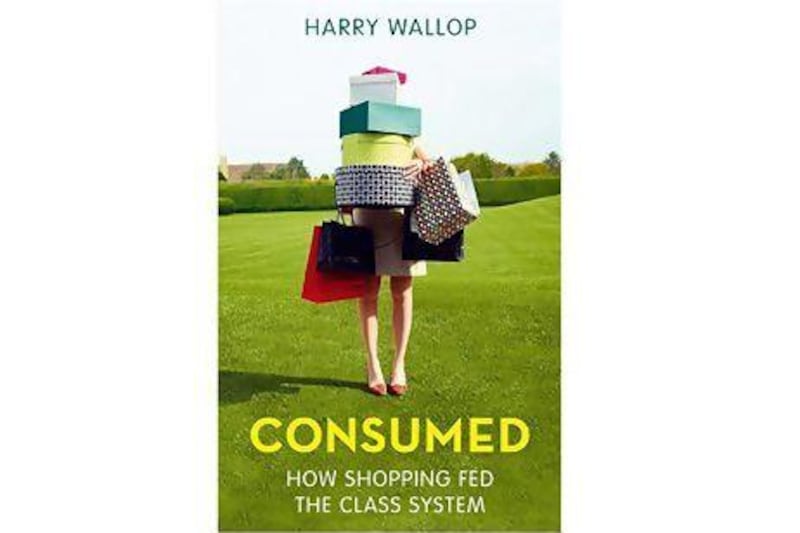Spend a little time with anyone from the UK and the conversation quickly shifts to topics that most would consider mundane: whether one flies with British Airways or Ryanair; whether one shops at Waitrose or Marks & Spencer.
But these are loaded questions: all too often your effortlessly polite colleague is assessing where you sit on the social ladder.
Why should this be? A new book purports to have the answer.
Consumed: How Shopping Fed The Class System is a detailed look at the evolution of the British class system from working-men's clubs and débutante balls to our modern, classless melange of mobile phones and Sky+ boxes.
Some of these have cut through class boundaries. But Consumed charts the transplant of former demarcators of social hierarchy - schooling, university college, perhaps a noble title - into consumer society.
The author, Harry Wallop, takes a look at everything from food to home furnishings, holidays to department stores, to see how British brands have played into this unspoken sense of social distinction.
The book skewers every level of Britain's social strata, but a consummate toff such as Wallop, whose own ennobled parentage he describes as "unambiguously posh", has less room to manoeuvre than is presumed.
There is a large degree of unapologetic sneering at the social climbers of the British Isles, especially "Kate Middleton" types who are able to pierce the establishment.
But it is a reflection of an uncomfortable truth of class: consumer preferences dictate how Britons view themselves, configure their lives, and look down their noses at others.
It is amazing that nobody has attempted the same for the UAE, one of the most consumer-driven societies in the world. The results would doubtless be fascinating.
Mr Wallop's book is richly layered, entertaining, and does just enough to remind an expat fondly of home.
But the appeal to other nationalities may be limited. Like knowing when to aspirate an haitch or which public-school tie your guest at the Savoy is wearing, the book presents considerable barriers to entry for those not already well-versed in British culture.
Closer to home, the book is a tonic for those British expats in the Gulf who feel a little estranged after a few years dodging the Great Recession in the luxurious hotels and spas of the Emirates - or other crisis-era career boltholes such as Hong Kong or Singapore, for that matter. Perhaps their experience will form a future chapter of British class consciousness.





